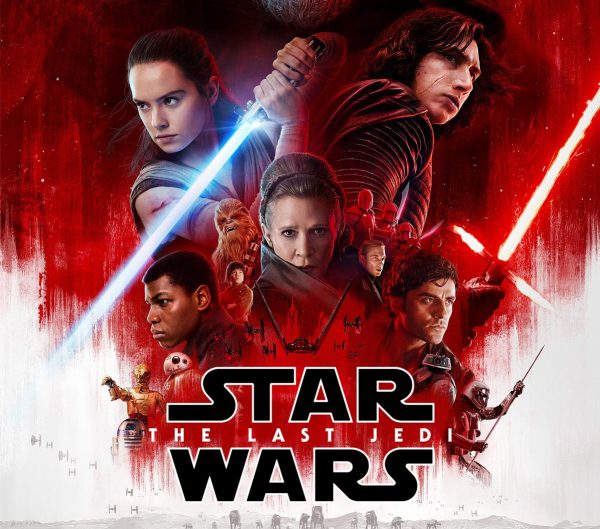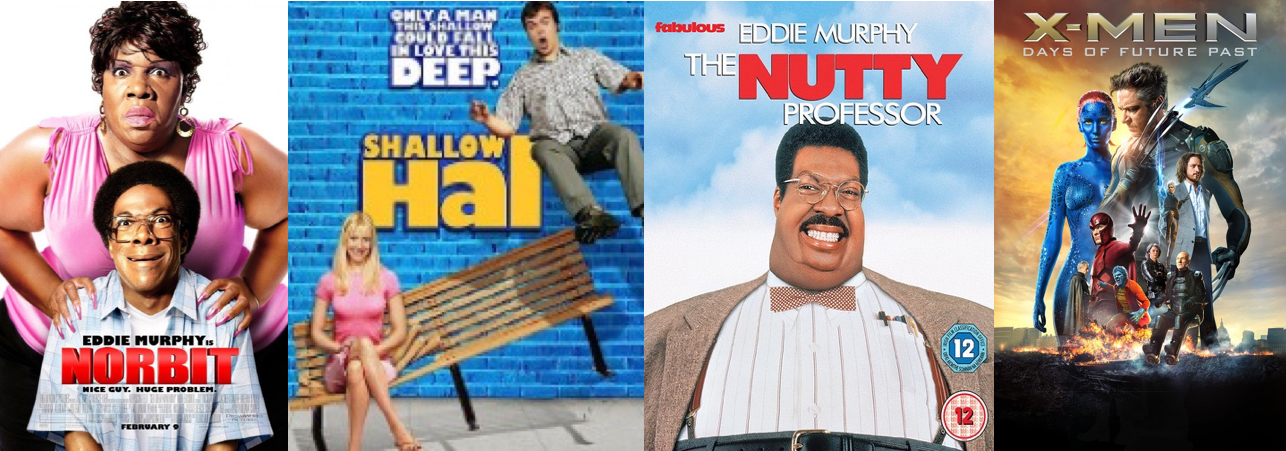Celebrating Differences: A Challenge Facing Modernity
By: Mariam Rabah
@mariamrabah10
Photo credit: Prince Alwaleed Center for American Studies and Research
If you’re reading this in English, then you’ve probably been to a foreign high school in Egypt and followed an American, British or Canadian curriculum. If that’s the case, then you probably dress in similar ways to your peers, watch the same shows, follow the same Facebook pages, and so on. This is the modern age face of globalization, a world of increasing conformity.
US Visiting Fullbright Scholar and adjunct professor at the History Department Thomas Dolan sees our modern age as one where differences are increasingly unaccepted and, in some cases, restricted.
“I think the real challenge of our times, in addition to the interconnected kind of apocalyptic end games of climate change and World War, is to enact a new and positive appreciation of difference as a fundamental reality for the vast majority of human history,” Dolan said during his talk organized by The Prince Alwaleed Center for American Studies and Research (CASAR) and the Journalism and Mass Communication (JRMC) Department at the School of Global Affairs and Public Policy.
Dolan noted that the major challenge of modernity in a highly globalized world is learning to live with those different from us, respecting distinct cultures and ultimately celebrating differences. He also stressed that the main takeaway of his talk is to first accept this challenge as a reality to improve on it.
To give an example, Dolan demonstrated that the image of refugees and terrorists continues to be a salient representation of the Middle East in the United States. He explained that there is a tension between the biological aspect of race and the cultural one.
“The US system understands races of biological phenomenon. It treats race and racial determinism as an inherited condition, one that is passed on from your ancestors, that is not tied to culture, religion, language or other kinds of ethnic confessional models of difference,” Dolan told The Caravan.
Throughout the talk, Dolan shared some childhood memories shaping his understanding of self-representation and the ambiguity of representing a race.
For example, watching Indiana Jones and The last crusade, Dolan related and identified with the character called the Arab sportsman.
“I remember as a kid watching this and thinking, ‘OK, this is someone who kind of looks like me, he has this nice cross tattoo, and he’s sort of a hero.’ But it doesn’t really end positively; he is murdered in the end. This is the representation, and this is how the Middle East always ends up,” Dolan said.
Other than The Last Crusade, Dolan used various examples to exemplify the representation of the Middle East in movies and Pop cultures. He used Disney’s Aladdin, The Thief of Baghdad, songs like “Hymn for The Weekend” by Beyonce & Coldplay and Cardi B’s “Bodak Yellow.”
“I’m fascinated by the recycling of orientalist tropes within hip hop and R&B, meaning it is not just white Americans who are appropriating and performing oriental differences,” Dolan added.
Cultural appropriation, Dolan explained, is when people adopt cultural characteristics, including dress, language, music, and dance, that are practiced in different cultures than their own.
In response to the negative representation of the Middle East, Dolan used the book Reel Bad Arabs written by Jack Shaheen, a colleague and friend of the late Edward Said’s, to depict an activist model demanding more positive representation and control over the portrayal of the Middle East in the US.
“In this talk, I wanted to introduce and have everyone be aware of these trends in the US just to think whether you should interfere with the American system or want to work in the American entertainment industry. I am moralizing and saying that we should all, regardless of the context, in Egypt or the US embrace difference … support and celebrate difference,” Dolan said.
Dolan also shared with The Caravan some insights about his personal life. For instance, his admiration for Said as a scholar and an influential person who changed the world was the reason Dolan used his quote, “But They Can Represent Themselves” to kick off his talk.
It refers to the orientalist deception (the West) of the representation of the Middle East and North Africa (MENA) Region. Said is the founder of postcolonial studies and the author of Orientalism, who was cited numerous times by Dolan.
“Capsulated in that quote is the idea that certain people don’t have the right or permission to narrate even their own stories. So, I thought it was a useful way to think about what I really want to focus on, which is why the Middle East and North Africa are represented in such stereotypical ways.”
Dolan expressed the importance of students being aware of concepts like orientalism, misrepresentations and cultural appropriation. He believes increased awareness of these issues can help solve their consequences, ranging from inequality and stereotyping to exclusion.
He demonstrated that there’s a lot of pressure on students to represent themselves or figure out where they fit in, stressing that this pressure has become normalized in a world that is so intensely globalized.
“I want to encourage students as future leaders, as future cultural producers, writers, politicians, and captains of industry that they have the power to create representations to drive change. Think about your own identity, don’t doubt your power and this is only possible through self-acceptance,” Dolan said.
According to Yasmeen El Ghazaly, the assistant director at CASAR, Dolan’s talk represents a realistic picture of how reality is different from content seen on media platforms.
“We also have international students, and it’s important for them to actually see what’s going on and see that we’re being misrepresented and know that whatever they’re seeing is not necessarily true,” El Ghazaly said.
She told The Caravan that she hopes to continue this discussion in the future, highlighting the repercussions of being an Arab living in America or vice versa as both cultures are misrepresented according to inaccurate stereotypes.




